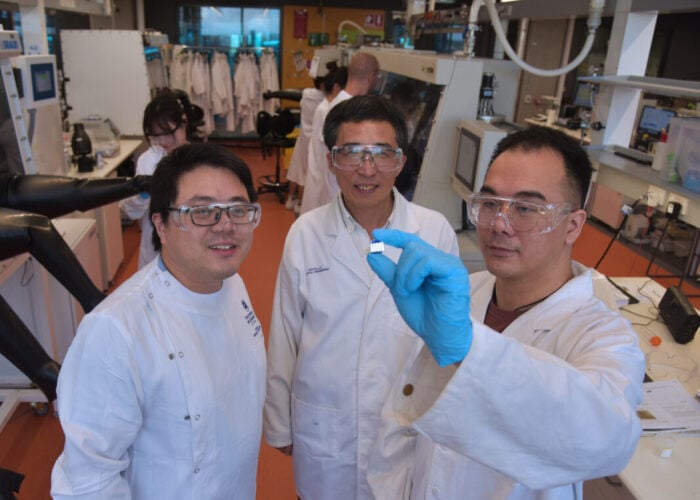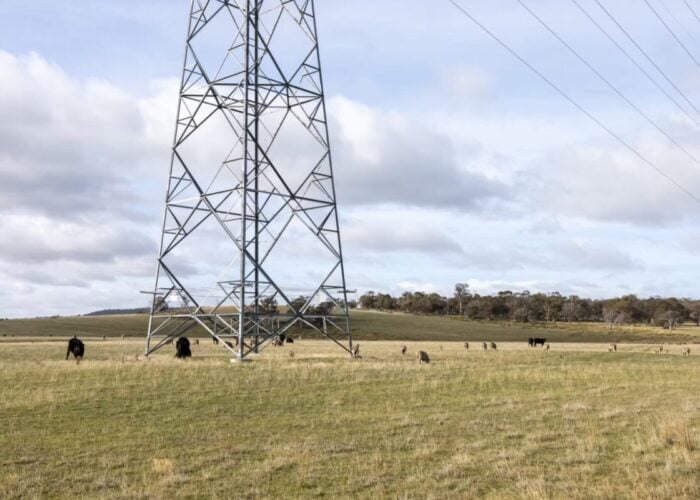Although heavily hyped as a low-cost alternative to conventional oil-based PV backsheet materials, start-up BioSolar said that it was to develop a new bio-based backsheet material that would aim to be of even lower cost in order to capture more customers. Back in March 2011, the company had said it was supplying sample material for PV module manufacturers based in Asia for evaluation.
“EcoBacksheet will incorporate much of the company’s proprietary knowledge accumulated during development of ‘BioBacksheet,’ which is currently available for commercial sale,” explained Dr. Stanley Levy, chief technology officer at BioSolar. “EcoBacksheet will incorporate a unique set of new materials and processing techniques to further reduce the cost of backsheet materials for PV panel manufacturers. EcoBacksheet is expected to appeal to a substantially wider range of PV panel applications due to its lower price point.”
Unlock unlimited access for 12 whole months of distinctive global analysis
Photovoltaics International is now included.
- Regular insight and analysis of the industry’s biggest developments
- In-depth interviews with the industry’s leading figures
- Unlimited digital access to the PV Tech Power journal catalogue
- Unlimited digital access to the Photovoltaics International journal catalogue
- Access to more than 1,000 technical papers
- Discounts on Solar Media’s portfolio of events, in-person and virtual
Or continue reading this article for free
Although the company has claimed it has met Underwriter's Laboratories (UL) certification requirement for the commercial sale of its original backsheet material and partnered with Stevens Urethane for contract manufacture in the US, the revelation of identifiable users of the material in volume production remains elusive.
What is clear is that material providers along the PV value chain have been forced to meet PV module manufacturers' requirements for cost reductions to keep pace with persistent ASP declines.
Major material providers, especially for backsheet material have also increased production capacity over recent years to avoid the shortages previously experienced. With abundant supply and falling material prices, low-cost product offerings, while maintaining product lifetime requirements have made the market much more competitive than in the past.
BioSolar would seem to be a victim of current market conditions and like many suppliers are forced to return to lab to hopefully emerge with competitive products.







